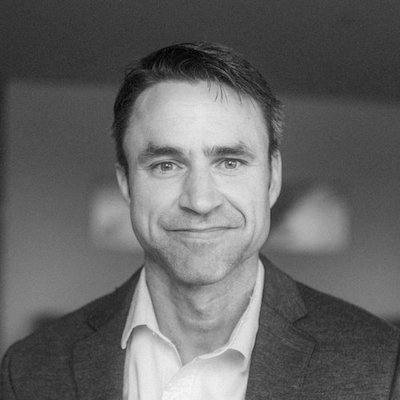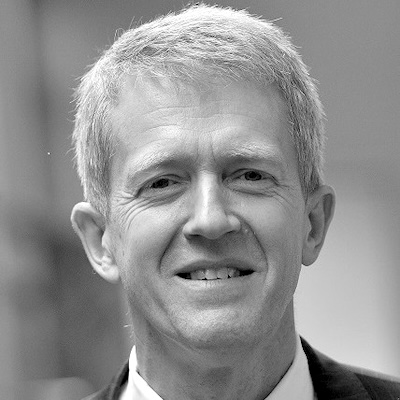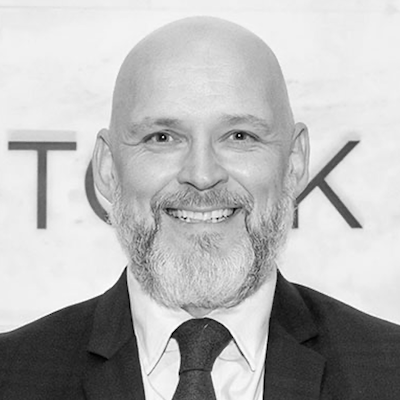Guy Turner is MSCI’s Managing Director and Head of Carbon Markets. Previously, Guy was a founder and CEO of Trove Research, a specialist data and research company focused on corporate climate commitments and the voluntary carbon market, which was acquired by MSCI in 2023.
Guy has 30 years’ experience in consulting, research, start-ups and strategy. Prior to Trove, Guy led the London strategy team at EDF Renewables UK (a division of EDF with 200 staff and 1GW operating portfolio) where he oversaw work on investment appraisal, competitor analysis, M&A and PPA pricing in offshore and onshore wind, solar PV, battery storage and hydrogen.
Prior to EDF Renewables Guy spent 4 years providing independent consulting in the oil & gas and clean energy sectors, working for BP Economics, the UK Green Investment Bank, Centrica, EDF Renewables and the Children’s Investment Fund. He has also been an investor and held a number of board positions in low carbon companies, including Rezatec and Enian, helping raise £m in funding.
In 2006 Guy helped found and build the research business, New Energy Finance, which was sold to Bloomberg in 2010 to form Bloomberg New Energy Finance (BNEF). From 2010 to 2014 he was Chief Economist and Head of Commodity Research at BNEF, responsible for global energy forecasting, investment modelling and renewable power, gas and carbon markets.
Prior to New Energy Finance, Guy spent 15 years in economic and strategy consulting working for a wide range of private and public sector clients on assignments covering renewable energy and environmental policy for governments, to market analysis, competitor benchmarking, acquisition search and due diligence support for major corporate clients.
Guy holds an MSc in Environment Technology and Policy from Manchester University, undergraduate degrees in Engineering and Economics from Birmingham University, and studied Corporate Finance at London Business School.





















